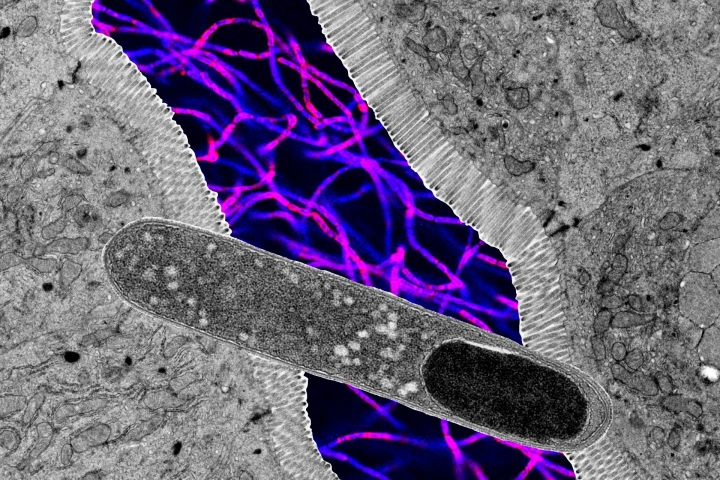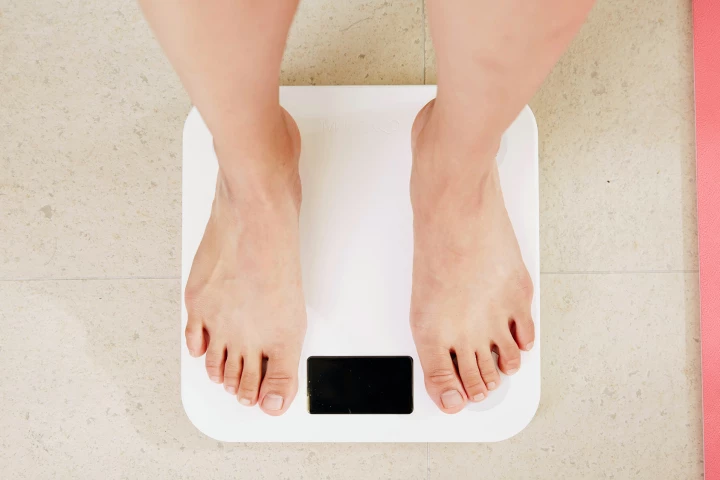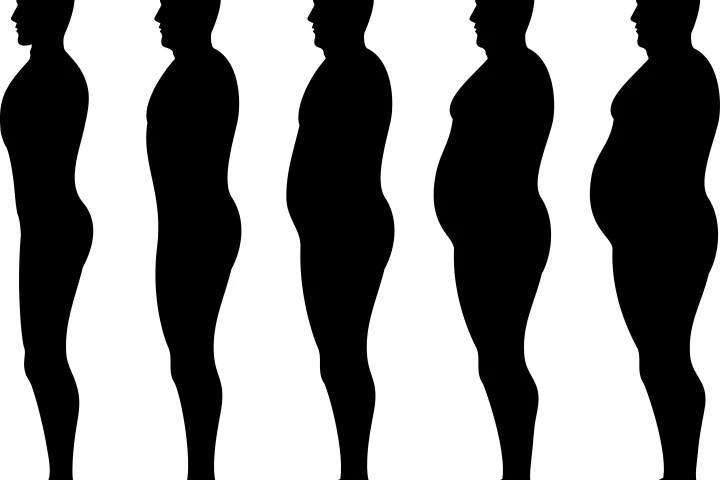Weight Loss
-
After a century of false starts, scientists believe they have found a way to make cells burn more energy without the dangerous side effects – and it could be a breakthrough that reshapes weight-loss and anti-aging medicine as we know it.
-
The sustainability of weight-loss drugs is under scrutiny as new research shows that people who stop taking GLP-1s regain the pounds and return to their original size after 1.7 years. It questions whether we're relying on this "magic cure" too heavily.
-
The next transformative phase of weight-loss medication is upon us, with the US Food and Drug Administration (FDA) approving Novo Nordisk's highly anticipated oral GLP-1 drug – with a starting dose available in early January for US$149.
-
Researchers have homed in on a single gut microbe that acts to prevent fat gain, even with a high-fat diet. The discovery adds to the booming science of finding ways to enlist the microbes that already live in our bodies to help us improve our health.
-
The World Health Organization has finally made its recommendations on using GLP-1 therapeutics for weight loss, though it remains to be seen whether it changes their status for prescribing or price. And scientists still have some concerns.
-
Some people don’t lose enough weight after bariatric surgery, but a new study shows that adding a daily shot of GLP-1 drug liraglutide can help patients shed extra pounds and may reduce the need for further surgery.
-
A new class of weight-loss drug has shown it can significantly boost weight loss when paired with GLP-1 therapy – without adding side effects – in a mid-stage clinical trial, pointing to a powerful new combination approach to tackling obesity.
-
In a world where slimness is often equated with health, a new Danish study has flipped the narrative: being slightly overweight, or even mildly obese, may not be as deadly as once thought. In fact, in some ways it could be safer than being thin.
-
A headline-grabbing study on apple cider vinegar has been pulled from the record, striking a blow to the science and wellness worlds. The research, which claimed that the tonic triggered massive weight loss, was found to be riddled with errors.
-
While Ozempic and other drugs like it have proven effective in helping people lose weight, many gain it back when the injections stop. A new drug targets weight loss differently, leading to a more permanent fat-shedding solution.
-
Scientists have found out exactly how an exercise-triggered molecule suppresses hunger signals in the brain, leading to weight loss. It could be harnessed as a therapeutic, providing the same benefit without the work it takes to produce it naturally.
-
Healthy eating doesn’t just shrink your waistline; it can ease chronic pain. A new study shows that better diet quality reduced pain severity and improved quality of life, independent of weight loss.
Load More











